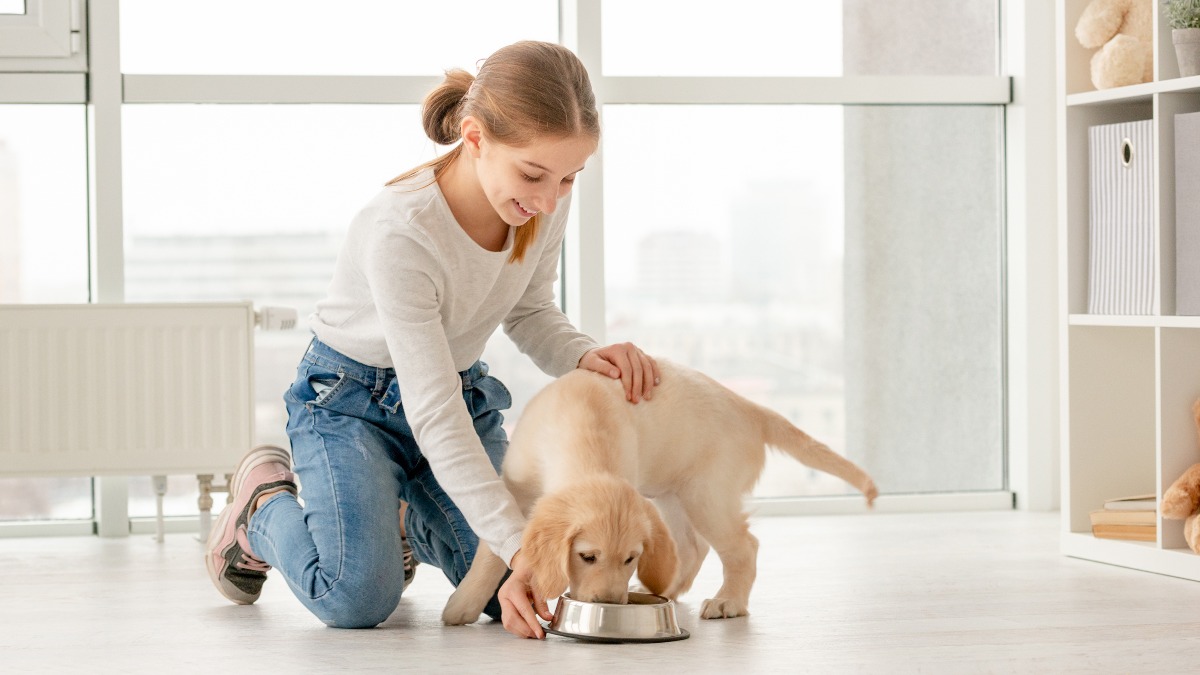
“How can I know what is safe and healthy for my dog?” This is the nagging question most dog owners and lovers tend to ask often.
Like humans, dogs need to be taken care of and given safe and healthy food to be healthy. Some people never fail to feed their dogs with human food, which isn’t a bad idea, but how can you tell which human food is safe for your dog?
Just like some humans react to certain foods, even dogs also react, and although they will eat what you give to them, some type of food isn’t safe for your dog’s health. Now, how would you know what to feed your dog with? What diet is suitable for your dog?
Not to worry, below are some things you need to know about feeding your dogs safe and healthy food.
1. Is Spicy Food Good For Dogs?
Humans certainly love spicy food, and most people give their dogs spicy foods ignorantly. Have you ever asked yourself “is spicy food for dogs ok?” You love your dog so much and give it whatever you eat, but a spicy meal isn’t healthy and safe for your dogs. It causes your dog to have a stomach ache, gastrointestinal tract infection, and intense thirst. These are short-term illnesses that you might ignore, but it also has a long-term illness like canine pancreatitis, a major health problem. So why suffer your dog when you can avoid spicy foods completely?
2. Fruits for dogs
We all know that fruits are very healthy and aid digestion, but not all fruits are good for your dog. Fruits like Apple, watermelon, carrot, cucumber, banana are great for your dog, but they should have it in moderation. For instance, apples contain vitamins A and C, and they also contain fiber which are essential nutrients that keep your dog healthy and safe. But, never make the mistake of giving them a spoilt apple or any other fruits as it may lead to poisoning. Citrus is not healthy for your dog, and even coconut isn’t good for your dog. When next you are giving your dog fruits, you should know what is safe for your dog so your dog doesn’t fall sick.
3. Avoid salty foods
Salt is not good for your dog, and this is one fact you should know. Most dog foods you buy don’t contain salt, so even if you are preparing a homemade meal for your dog, salt should be avoided. Salt makes your dog thirst excessively and often urinate if it also causes sodium ion poisoning in dogs, and the symptoms are shaking, vomiting, having seizures, high temperature, and diarrhea.
4. Feed your dog selected diary products
Have you ever considered giving your dog dairy products? Milk, for instance, is a dairy product that is very good for both humans and dogs. Cheese and plain yogurt are also safe for your dog but don’t make the mistake of giving your dog too much milk or yogurt, so it doesn’t upset their stomach. But, ensure your dog does not have lactose intolerance, so it is always good to consult your vet before giving your dog dairy foods.
5. Seafood
Fish, shrimp, tuna are all very safe and healthy for your dogs. However, raw fish is bad for your dog. Most people tend to feed their dogs with raw meat and fish, forgetting that they might contain some bacteria that would affect your dog’s health.
6. Boiled chicken and turkey
These can be considered as a source of protein and can be added to your dog’s meal. It should be properly booked and without seasoning, and watch your dog enjoy it. You can equally prepare it with plain white rice, but the rice should be small because dogs cannot digest too much sugar.
7. Avoid ice cream at all costs
As much as you love to share everything with your dog, never share ice cream with your dogs because ice cream is bad for their health, and It is not safe for your dog’s consumption.
If you want your dog to be safe, healthy, and live long, then you should mind the kind of food you give to your dog. Aside from the normal commercial dog foods that are safe, if you want to feed your dog with healthy human food, you should know that not all foods are safe for your dog.
Feed your dog according to their weight and size, and be careful not to overfeed your dog so they don’t get extremely fat. Fat is also bad for your dog’s health.




